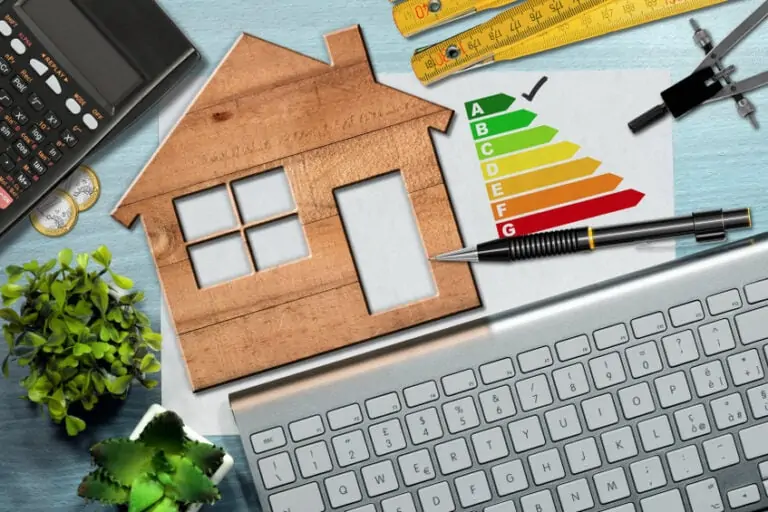For the growing number of Americans working from home – some 18 million home-based business owners and 5 million remote workers, not to mention unemployed folks conducting job searches from their own PCs – higher energy bills for combined home offices and residences are a fact of life.
Higher electricity bills to power office equipment and lighting are an inevitable cost of doing business from home. Trips to the kitchen for meals and snacks and to other areas of the home for various needs also eat up electricity, especially when lights, appliances, and electronics in other rooms aren’t turned off when they are no longer in use. The challenge of keeping home office energy bills from eating up the profits is particularly tough during this frigid winter, with higher prices for home heating oil and natural gas. Soon, summer’s heat will require home workers to run air conditioning 24/7.
Despite these challenges, the Alliance to Save Energy says home-based entrepreneurs, telecommuters, and job-seekers can reduce energy costs while staying comfortable and “taking care of business” with these tips:
• You’re the boss – so manage your office equipment. Activate “sleep” features on computers, copiers, and other machines that power down when the equipment is on but not in use for a while, and turn off equipment during long periods of non-use to cut energy costs and improve longevity. Screen savers do NOT save energy.
• Don’t let profits go out the window (or door). Why waste your heating and air conditioning dollars? Plug those home office energy “leaks” by weather-stripping between moving parts (doors and their frames) and caulking between nonmoving parts (window frames and walls). Insulate that office properly – as well as your whole home.
• Light up your office efficiently. With lights on much of the day, electricity use invariably increases. To make matters worse in warm weather, inefficient lighting can overheat your office, increasing cooling costs. Save money by installing compact fluorescent light bulbs (CFLs) and task lighting in your home office. CFLs burn cooler and use up to 75 percent less energy than either halogen or incandescent bulbs. Halogen torchieres are expensive to operate and burn so hot they can cause fires. Instead, choose a safer, more efficient Energy Star torchiere lamp.
• Be an “Energy Star.” To cut related annual energy expenses by 30 percent, choose Energy Star-labeled computers, monitors, printers, scanners, copiers, fax machines, multi-function devices (machines that combine printing, scanning, and faxing), lighting, cordless phones, answering machines, audio equipment, and room air conditioners. Energy Star is the symbol for energy efficiency.
• Ever-wakeful electronics can drain your pocketbook. Work requiring electronics such as phones, TVs, VCRs, DVD players, or cable boxes can further hike up those electric bills. That’s because they consume energy even while switched off to keep display clocks lit and memory chips and remote controls working. Energy Star-labeled electronics use less energy in the “off” mode.
• Treat your heating and cooling system as office equipment. While working in your home office, close off the heating/cooling vents in unoccupied rooms. Clean or replace furnace and room air conditioner air filters once a month for increased efficiency. Give your furnace or heat pump a professional “tune-up” each year, and ask the technician to make sure the system is sized and operating at peak efficiency and that ducts are not leaking. Look for Energy Star furnaces and heat pumps.
• Let the sunshine in. In colder months, allow the sun to help heat your home office by keeping blinds or drapes on sun-exposed windows open in the daytime. Retain the heat overnight by closing the blinds after dark. In the summer, reduce cooling costs by drawing shades or blinds on sun-exposed windows and glass doors.
• Refinancing your mortgage? Consider wrapping into the loan the cost of adding on an energy-efficient home office or increasing the energy efficiency of your existing home office. The loan interest could be tax deductible.
The Alliance to Save Energy is a coalition of prominent business, government, environmental, and consumer leaders who promote the efficient use of energy worldwide to benefit consumers, the environment, economy, and national security.



